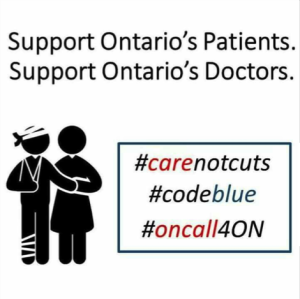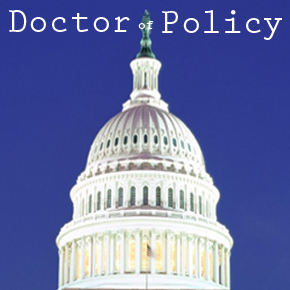Patient Advocacy in Trump’s America
It’s been a hard week. Hard, of course, because this election has caused an unprecedented wave of fear across our nation. Hard because those whose lives have been invalidated by our newest president elect are already exhausted by the daily struggle of living in a hostile country. And — not to be discounted — hard because bad days in medical school seem to hunt in packs and pounce all at once.





